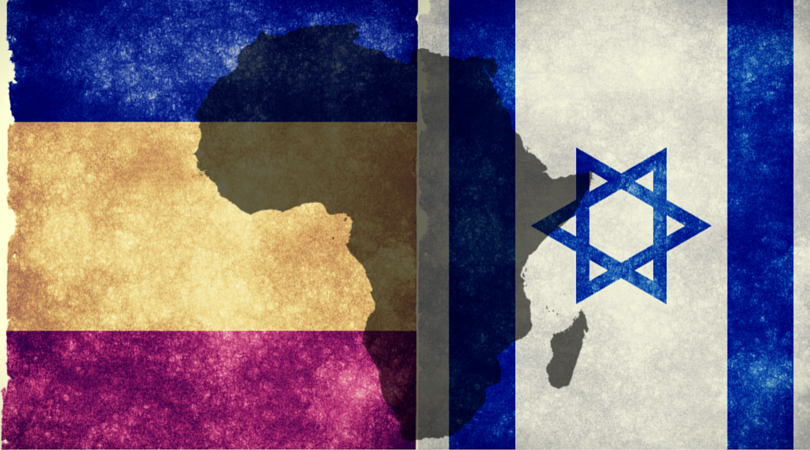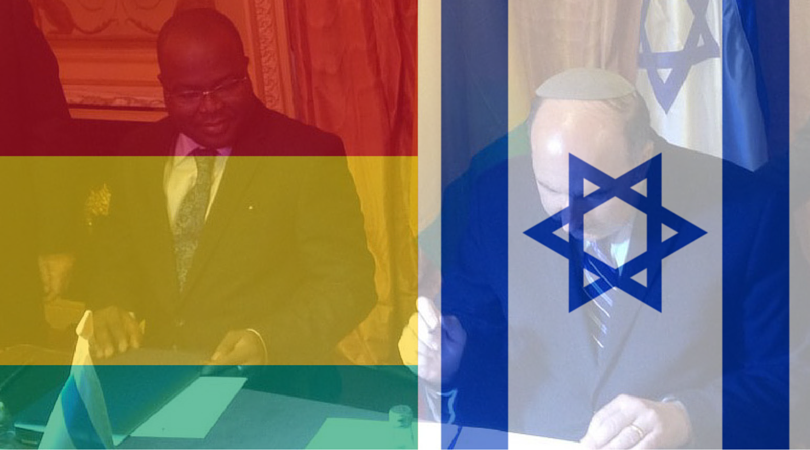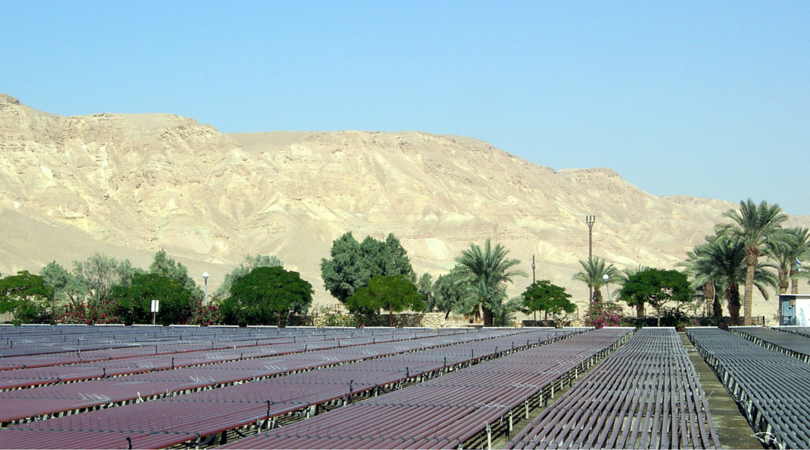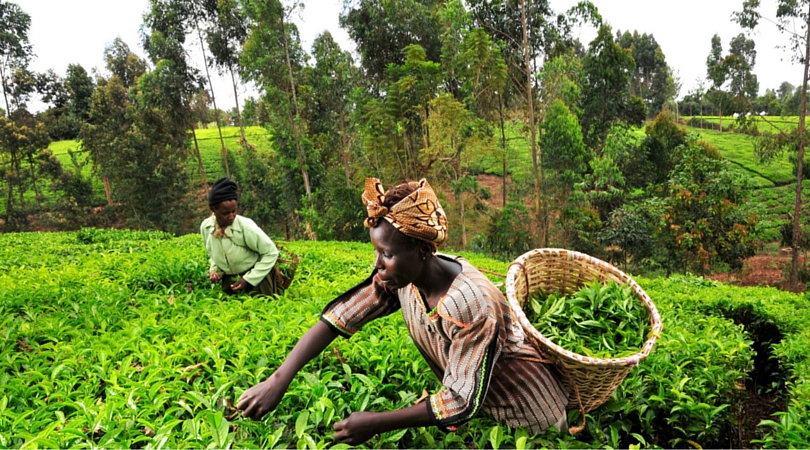Whether one likes Donald Trump or not, everyone agrees he has forever changed the landscape of American politics. The Donald’s scorched earth policy on his adversaries has not only worked to ensure he becomes the Republican nominee, it has upended the political and donor class of the US two party system.
No amount of will or force will be enough to give Americans what they crave. The world has changed.
Americans have more or less opted to back a candidate who “will get things done,” rather than pay homage to the constitution and the framers’ vision of an exceptional nation. The rest of the world has for many years seen things this way, yet for the US it has clung to a notion that it was different and special. In truth, with spiraling debt, a waning military influence, and a generation of distracted spoiled youth, America may have in fact seen its best days behind it. Of course this is what many out there, outside the beltway and big cities fear and this is exactly the type of fear Donald Trump draws his energy from.
No amount of will or force will be enough to give Americans what they crave. The world has changed. The emerging economies of the East and Africa, coupled with innovation engines like Israel are changing the global dynamics overnight. It’s true Americans need a President that will get things done, but the Donald’s notion that one just needs to be a good manager and force a populist agenda will increase the chaotic downward spiral that American’s feel they are in.
Trump Ensures that Israel will Pivot Away from America
With Obama’s flip flopping on everything to do with foreign policy, especially when it comes to the Middle East, Israel has increasingly turned elsewhere for new partnerships. Israel has grown closer to India and China as well as the Eastern African countries like Kenya, Uganda, Ethiopia, and Rwanda. Relations are growing with a host of Eastern European countries as well as former Soviet Block nations like Kazakhstan, and Turkmenistan.
Israelis crave stability and the last few years has put a monkey wrench in their country’s desire to carve a stable environment for their economy and populace to thrive. Obama’s weak foreign policy has thrashed old paradigms, while creating a host of new challenges. Trump’s chaos is too much for many Israeli leaders and his ascendancy may well drive Israel further towards China and even Russia. In an environment with increased instability, the Israeli government finds itself in an unenviable position in having to decide on putting stock into an America in decline versus positioning itself as the most reliable country in the Middle East with a neutral foreign policy.
Trump’s rhetoric, although welcome by many in Israel after eight years of a post American foreign policy approach by Obama, is far too erratic and unbalanced to be trusted to force a re-calibration of America’s interests. More likely it will help entrench those very forces Israel is now dealing with.
Surviving the Coming Chaos Requires a New Paradigm in Partnership Building
Whether we like it or not, the world seems bent on heading into a period of tremendous chaos and instability. Trump’s ascendancy is only part of the reason for this. Other reasons include increased technology usage in developing nations, Islamic fundamentalism, a rising East, an imminent EU collapse, as well as others.
The situation does not have to be dire. Israel needs to continue to build reliable partnerships with countries like India, China, and Kenya.
If we create a partnership between Israel’s inventive capability and China’s manufacturing capability, we will have a winning combination.
Increasing trade ties between China and Israel have now led to discussion concerning a free trade agreement. Already back in 2013 Prime Minister Netanyahu said, “Israel is not as big as China. We have eight million residents, approximately one-third the population of Shanghai. But we manufacture more intellectual property than any other country in the world in relation to its size. If we create a partnership between Israel’s inventive capability and China’s manufacturing capability, we will have a winning combination.”
Israel is seen by many in Sub Saharan Africa as a reliable military and trading partner, with budding relationships mimicking the same trajectory that occurred between Israel and India over a decade ago.
The government will have to figure out what to do about Russia. They are not going away and Putin may be the best suited to help Israel put pressure on Hezbollah and Iran. Whether it is Donald Trump or Hillary Clinton, Israel’s traditional geopolitical and economic relationships are permanently resetting. These newer partnerships Israel has been cultivating become an important part of creating a far more stable world order.





